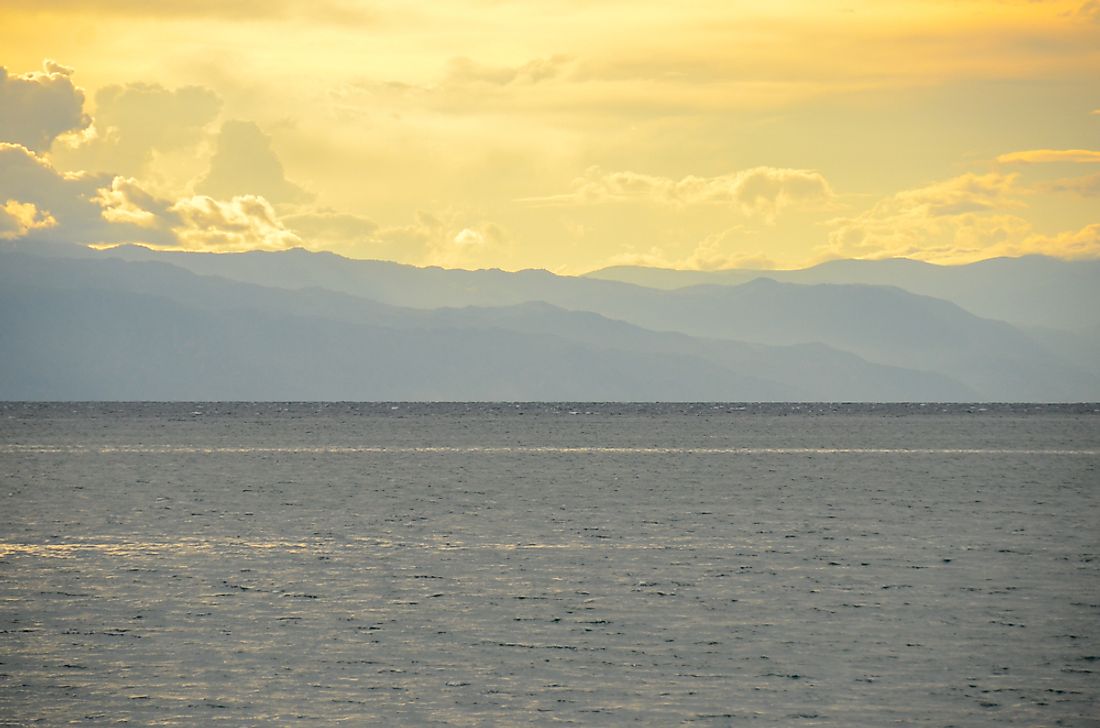Lakes With The Oldest Water

What Is Water Retention Time?
Also known as the residence time, flushing time, or water age, lake retention time is the time that water or any dissolved substance remains in a lake. This time is a calculated quantity that is obtained by simply dividing the volume of the entire lake by the inflow or the outflow of the lake. Researchers and concerned parties use this figure to determine the time it takes for any substance or material that goes into the lake to flow out. For example, this figure is important in determining the amount of time unwanted substances, such as pollutants, spend in the lake.
There is also a global retention time and specific residence time. The global time is obtained by getting the total volume of the lake and dividing it by the mean rate of the water flowing in or by the mean rate of all the water flowing out such as through seepage and evaporation. However, this is a general assumption that water is not in layers but it is mixed, that is, all the water is the same. In reality, the waters are mostly in strata. To get more specific times, then the volumes of strata have to be considered against their outflow and inflow.
Lakes With The Longest Retention Times
Lake Vostok in Antarctica has the oldest water in the world with the age of its water is 13,300 years. In the second place, albeit distant second, there is Africa’s Lake Tanganyika with the age of its water being 5,500 years. Lake Qaban of Russia is in the third place with the water being several thousands of years old. While it is not clear just how old, experts say that it is older than Australia’s Lake Eucumbene in the fourth place, which has waters that are 1,953 years old.
Lake Vostok, Antarctica
Lake Vostok, meaning Lake East, is the largest subglacial lake in Antarctica. It resides approximately 4,000 m below the surface of the East Antarctic Ice Sheet. At it's widest point it measures 30 miles (50 km) and is 160 miles (250 km) in length. It is the 16th largest lake by surface area covering 4,830 sq mi (12,500 km2) and the 6th largest by volume at 1,300 cu mi (5,400 km3). It is thought that the water has been isolated for approximately 15 to 25 million years leading to the hypothesis that the lake could be a fossil reserve containing unusual lifeforms not seen in millennia. The retention time of the water of Lake Vostok is 13,300 years.
Lake Tanganyika, Africa
Lake Tanganyika covers parts of four African countries, namely Tanzania, the Democratic Republic of the Congo, Burundi, and Zambia. It is the world's longest freshwater lake (418 mi/673 km), as well as the second largest by volume (4,500 cu mi/18,900 km3) and second deepest (4,820 ft/1,470 m) lake in the world. The retention time of the water of Lake Tanganyika is 5,500 years.
Factors Affecting Water Retention
One of the factors that affect the water retention time is the porosity (also known as the void fraction). Simply defined, this refers to the sizes of the empty spaces in a physical object. When it comes to this factor, two things are important namely the size of the pores and their density. A good example of this factor is demonstrated when water is flowing through clay and gravel or a sandy medium. The water flowing through the gravel will flow faster compared to the clay.
Another factor is the hydraulic conductivity (HRT) of the material, that is, how easy a fluid flows through a material such as soils, vascular plants, and rocks. Another factor that comes into play is the rate of inflow and outflow. For example, lakes in places with a high rate of evaporation will definitely have a shorter residence time compared to those that are not. The level of the strata may also be a factor. Lower water layers may have a higher retention time especially if the outflow is not underground.
Lakes With the Oldest Water
| Rank | Lake | Location | Average Age of Water (Years) |
|---|---|---|---|
| 1 | Lake Vostok | Antarctica | 13,300 |
| 2 | Lake Tanganyika | Burundi, DR Congo, Tanzania, Zambia | 5,500 |
| 3 | Lakes Qaban | Russia | ~1,000s |
| 4 | Lake Eucumbene | Australia | 1,953 |
| 5 | Lake Titicaca | Peru, Bolivia | 1,343 |
| 6 | Lake Tahoe | United States | 650 |
| 7 | Lake Baikal | Russia | 330 |
| 8 | Caspian Sea | Azerbaijan, Iran, Kazakhstan, Russia, Turkmenistan | 250 |
| 9 | Lake Superior | Canada, United States | 191 |
| 10 | Crater Lake | United States | 157 |
| 11 | Great Bear Lake | Canada | 124 |
| 12 | Lake Yosemite | United States | 121 |











